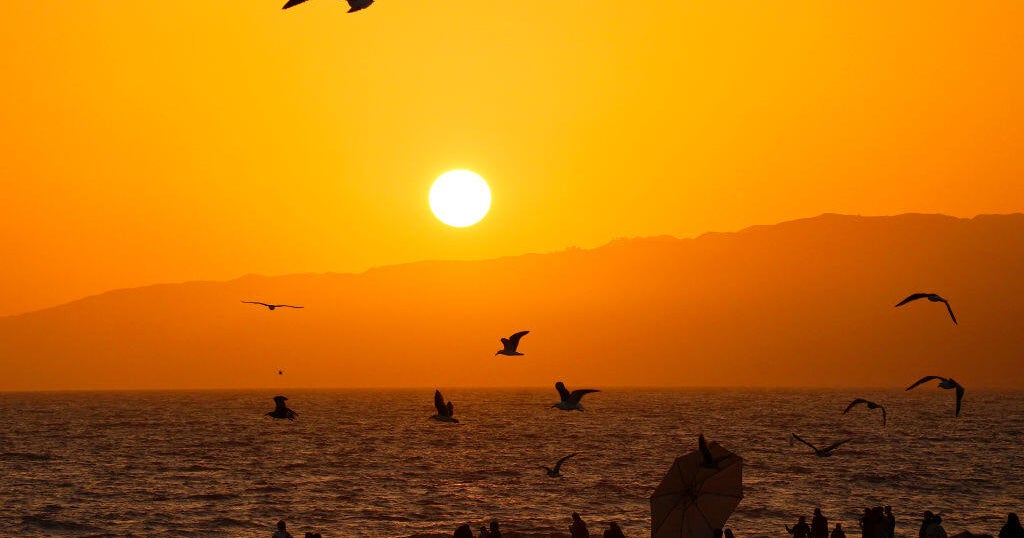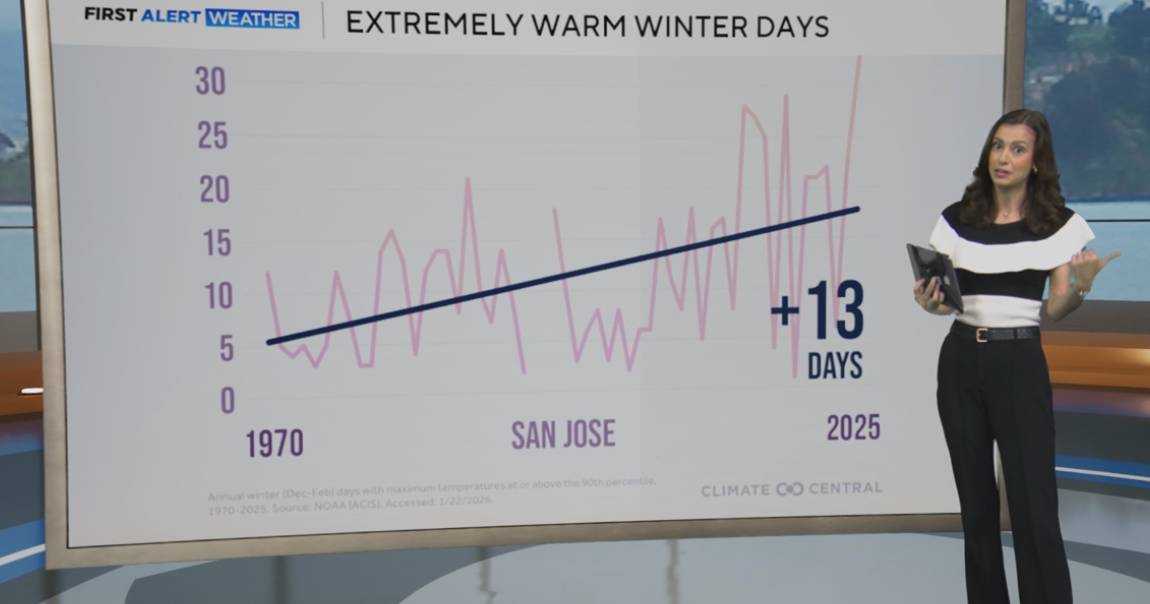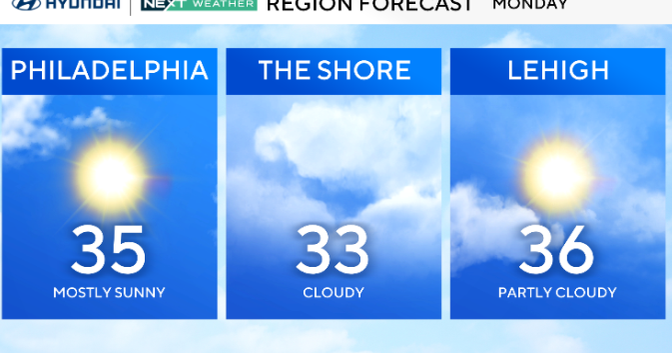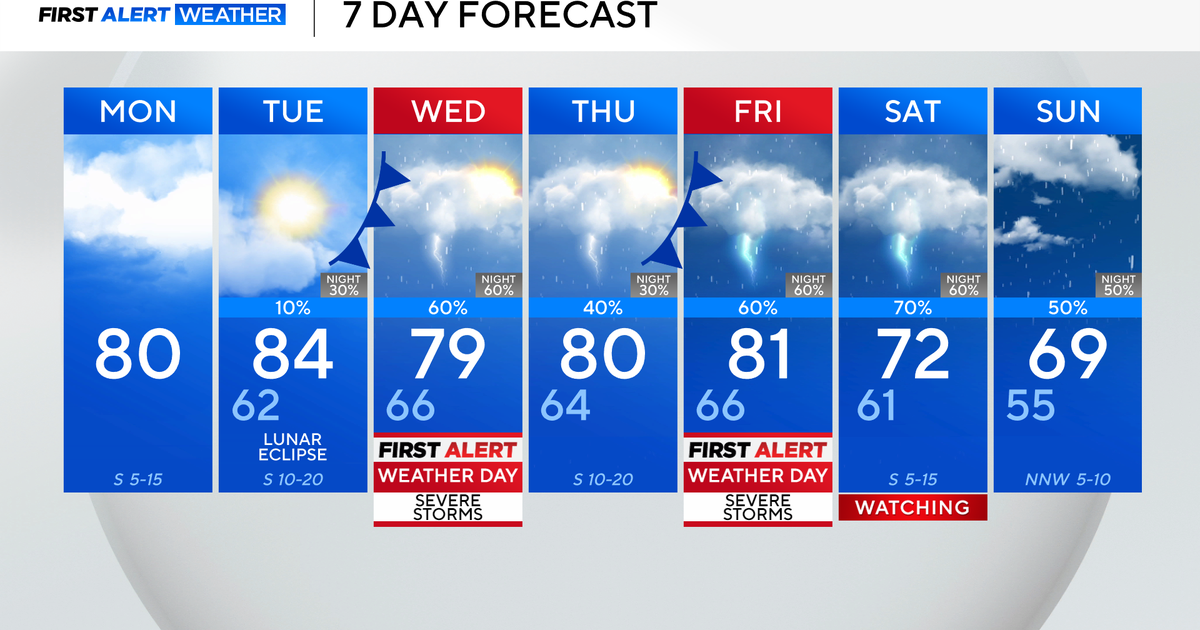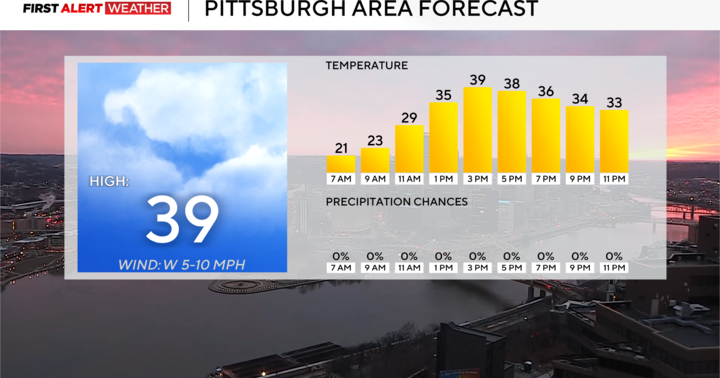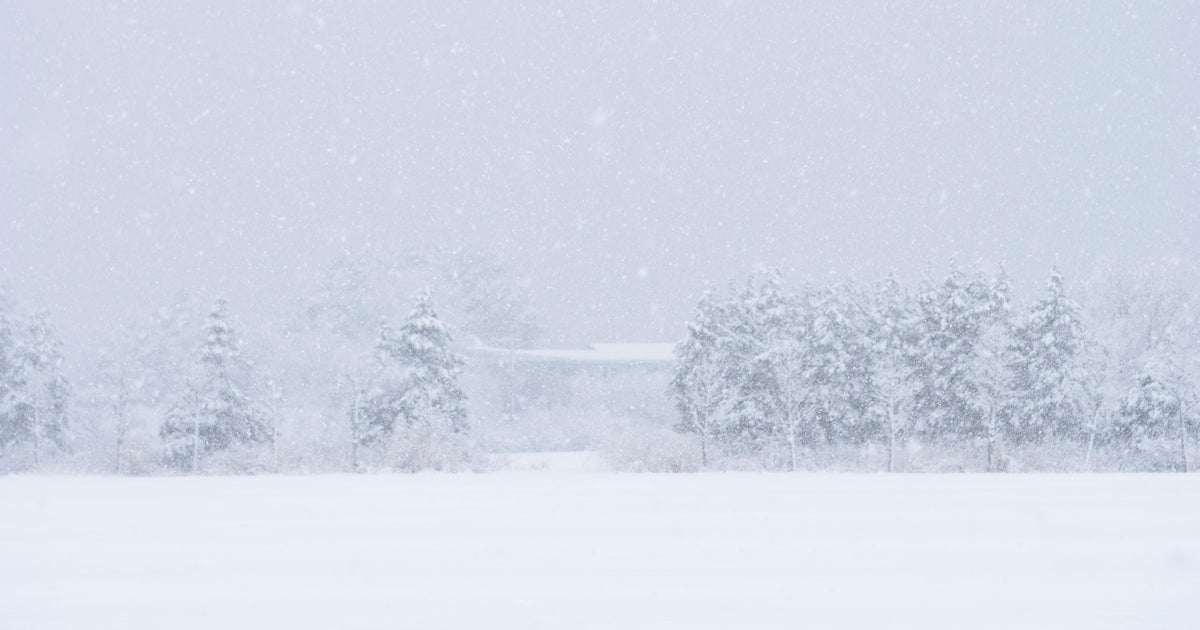Excessive heat warning extended as Bay Area swelters under heat wave
SAN FRANCISCO -- The Bay Area office of the National Weather Service on Sunday extended the excessive heat warning that was already in place into Wednesday evening as local residents brace for triple-digit heat.
A tweet by the National Weather Service Sunday afternoon included a map showing the wide expanse of Northern California covered by the warning. It also noted that the heat advisory for a much smaller area including Salinas, Santa Cruz and the southern end of San Francisco Bay would expire Tuesday evening
On Sunday, a heat dome settled over the region, pushing inland temperatures that were already 10 degrees higher than average the day before closer to if not over the century mark..
The National Weather Service forecast for Sunday for the greater San Francisco Bay Area calls for clear skies and hot weather throughout most of the region with daytime highs in the upper 60s to 70s along the coast to the 80s and 90s around the Bay and between the upper 90s and 100-110 degrees around Napa and in the inland valleys of the East Bay.
An excessive heat watch issued by the National Weather Service went into effect Saturday for most of the Bay Area and an excessive heat warning is in effect further inland in the Stockton area.
Early morning overnight lows will be mostly in the 60s with clear skies. Sunday night will see temperatures drop to the upper 50s and lower 60s around the Bay and mid 70s inland.
The weather service also sent out tips to surviving the current heat wave.
- Avoid outdoor activities during the hottest portion of the day,
- Stay hydrated and take frequent cooling breaks in the shade.
- Check on relatives, neighbors and friends who may not have access to adequate cooling.
- Use air conditioning where possible.
Forecasters said over the three-day weekend, temperatures will not drop off significantly overnight. The constant exposure to heat will carry with it heath dangers.
"So if you let your home get really hot and that it can't cool off, that could be a risk to be exposed to that heat for a long period of time," said UCSF associate professor of medicine Dr. Anna Chodos.
She said to be aware of the signs of dangerous heat exhaustion and exposure. They include: dizziness, strange behavior, fainting, cramping, nausea and vomiting. Additional extreme heat safety tips are available at ready.gov/heat.
The lack of an overnight cooldown has other impacts -- mainly on electric grid transformers. Cal ISO has extended its Flex Alert to a fourth consecutive day Sunday. Officials are urging customers to conserve energy between 4 p.m. and 9 p.m. Some of those methods include limiting use of heavy appliances, not charging electric vehicles and setting thermostats to 78 degrees or higher.
"They get hot in the hot weather," explained Severin Borenstein, an energy expert at UC Berkeley who sits on the board of governors at Cal ISO, the state's power grid manager.
Borenstein says many of the transformers atop utility poles are engineered with overnight cooling in mind.
"If the temperature stays high overnight, they don't cool down as much and the problem is, that can lead to more overheating and blown transformers," Borenstein said.
